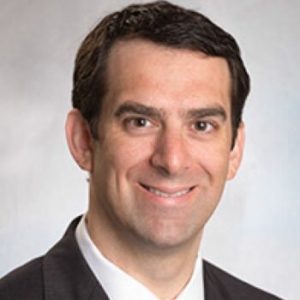First, make no assumptions. If a patient is not dressed in overt religious garb, or religious beliefs are not explicitly stated in the medical record, never presume anything. If, however, a patient is dressing the part and is literally wearing religion on his or her sleeves, asking, “Are there any religious concerns or considerations that would affect my care for you?” not only earns you respect, but makes your job easier. For example, Orthodox Jewish families prefer to be out of the hospital by sundown on Friday evening for Shabbat, if possible. Once you have demonstrated your willingness to do your best (without making any promises), families and patients will give you that respect back, allowing you to do your job without concern that you “just don’t get it.” Saying, “I know that sundown is soon,” actually buys you time.
Explore This Issue
ACEP News: Vol 32 – No 10 – October 2013Further, being tuned in to a patient’s religiosity can actually improve the care you provide.
Recognizing hypoglycemia in a patient on sulfonylureas on the eve of Ramadan can potentially prevent a future emergency department visit or even save a life. Advise patients who plan to fast for Ramadan to discuss their medications with their primary care provider to see whether a change in medication or dose should occur. Finally, there is the issue of faith versus science. Whether or not we choose to acknowledge it, a patient’s religiosity can influence overall health, for better or worse.
On the positive side, some research suggests that chronically ill patients who are religious are less depressed. On the negative side, some studies show that intense belief decreases adherence to life-saving medication regimens. The debate has raged for centuries but perhaps was never better captured than by 10th-11th century poet Omar Khayyam, who wrote, “Myself when young did eagerly frequent/Doctor and Saint and heard great argument/About it and about: but evermore/Came out by that same door/as in I went.”
We can all agree that it is not our place to engage our patients in this debate in philosophical terms. But we are kidding ourselves if we are blind to its presence and potential puissance, and we ignore this issue at our own peril. The question is, “What should we do about it in the limited time we have in the emergency department?” What guides me is the following advice my medical school class received from one of the investigators at the New York City Office of the Chief Medical Examiner. He advised that we should always acknowledge the values that the patients and their families have clearly verbalized or expressed in some way.
Pages: 1 2 3 | Single Page





No Responses to “Religious Experiences in the ED”